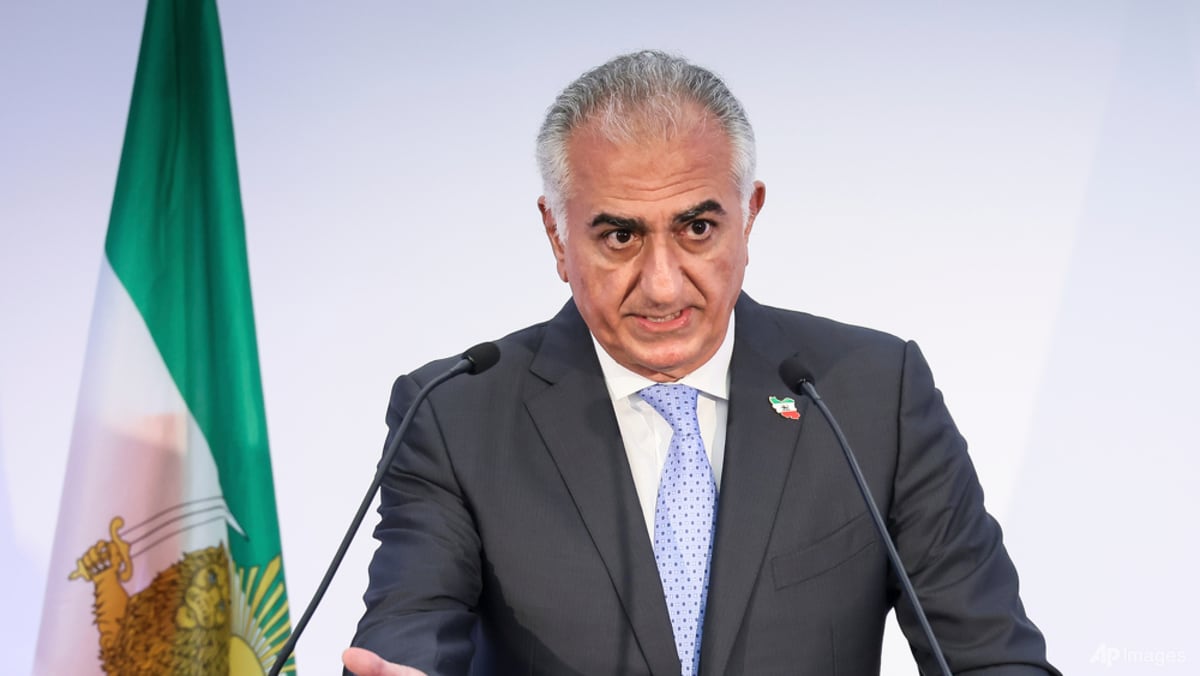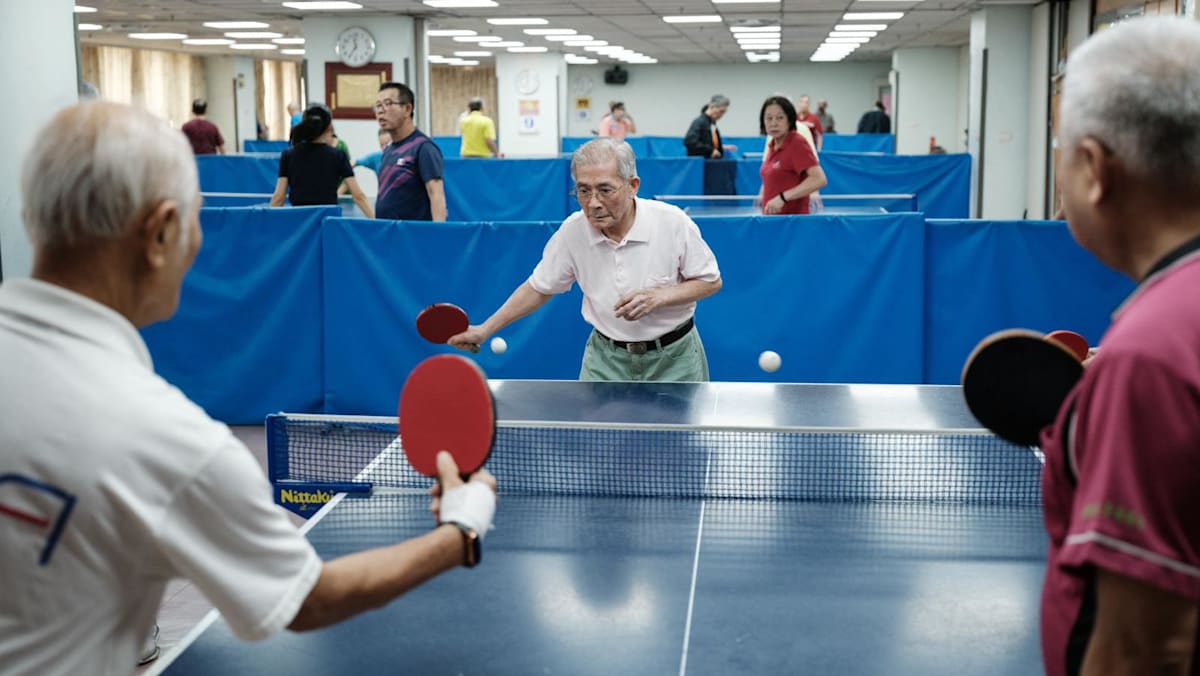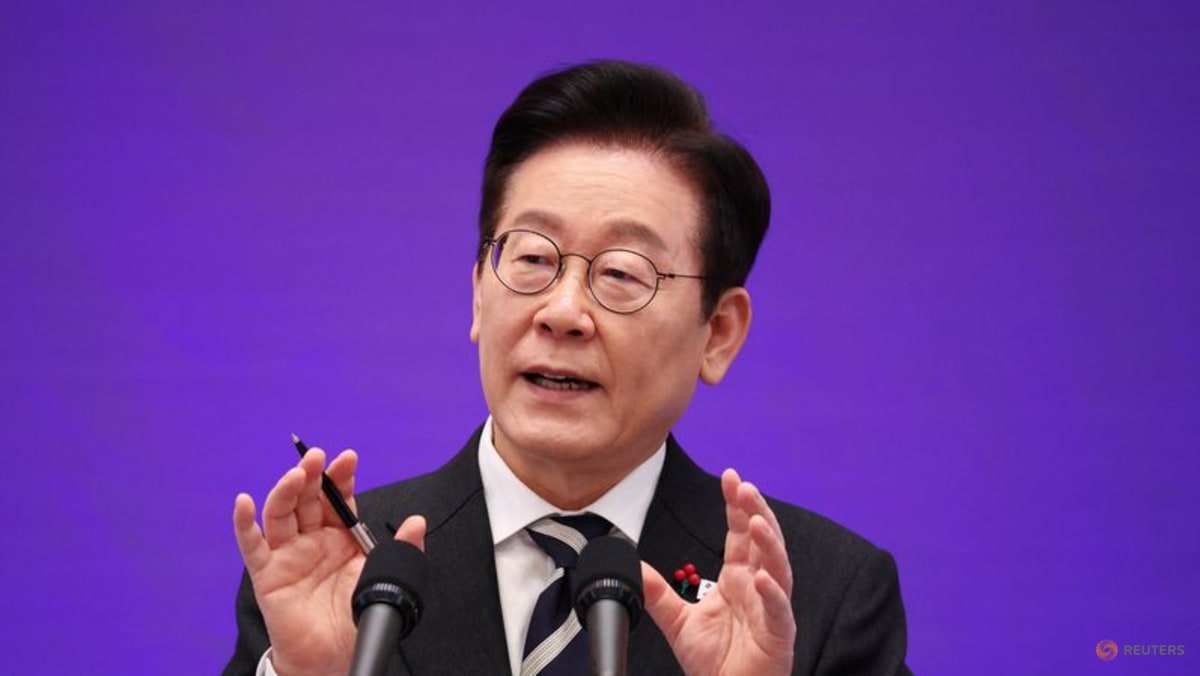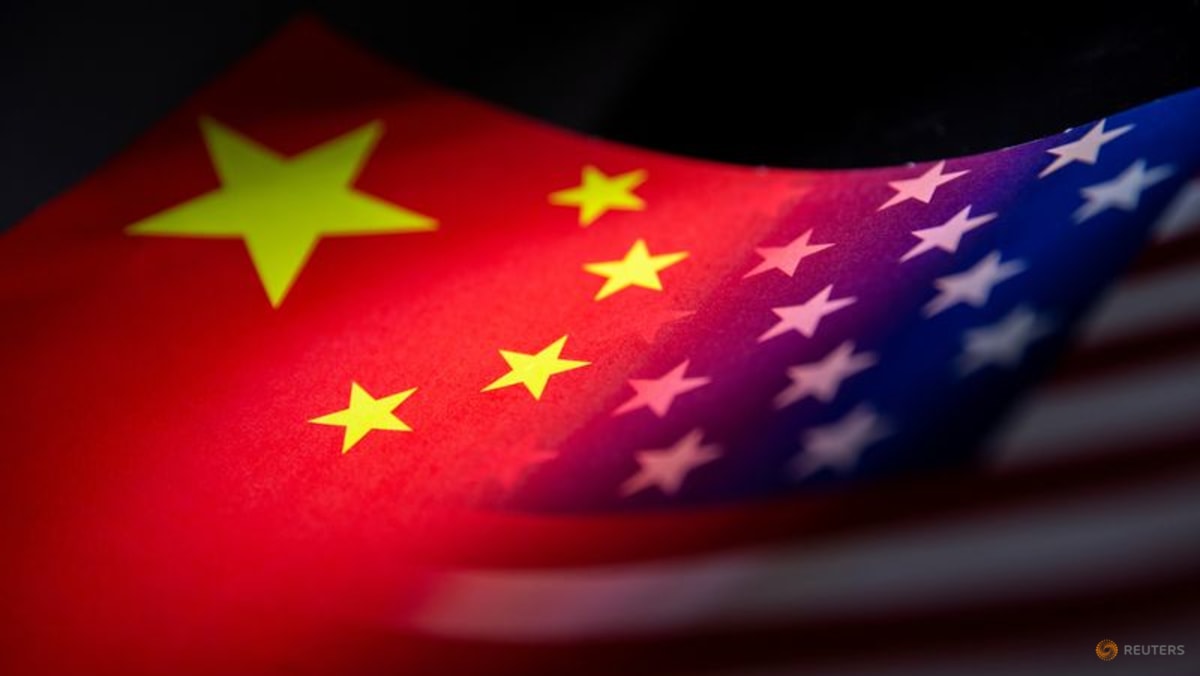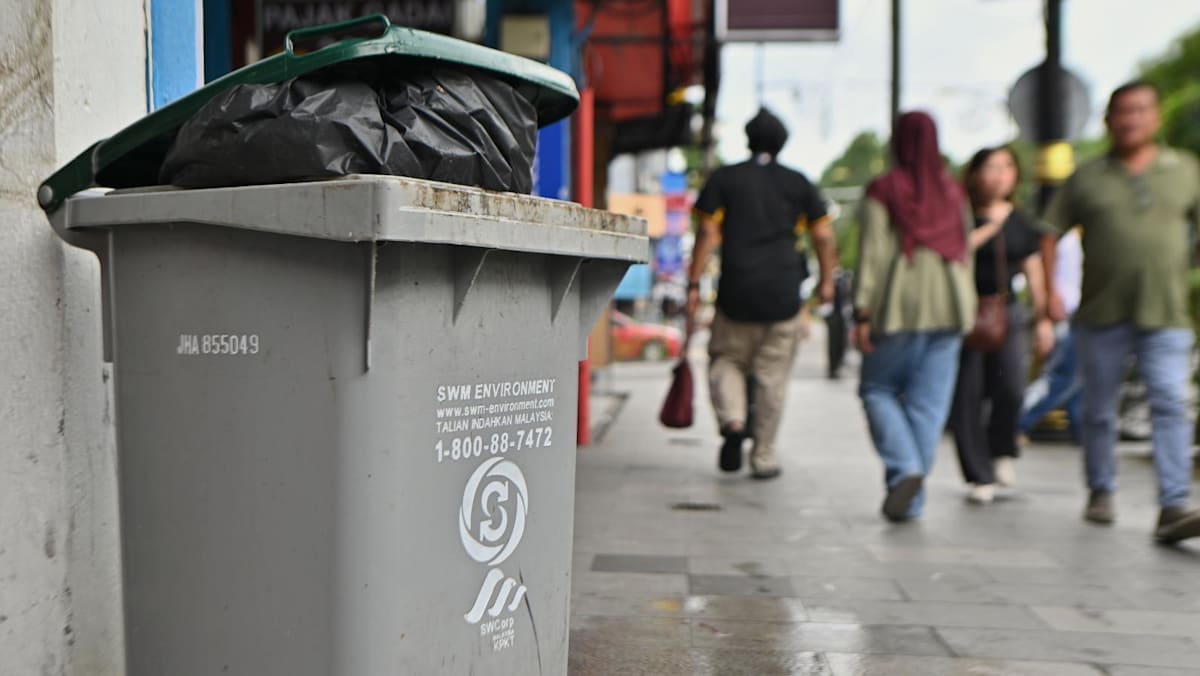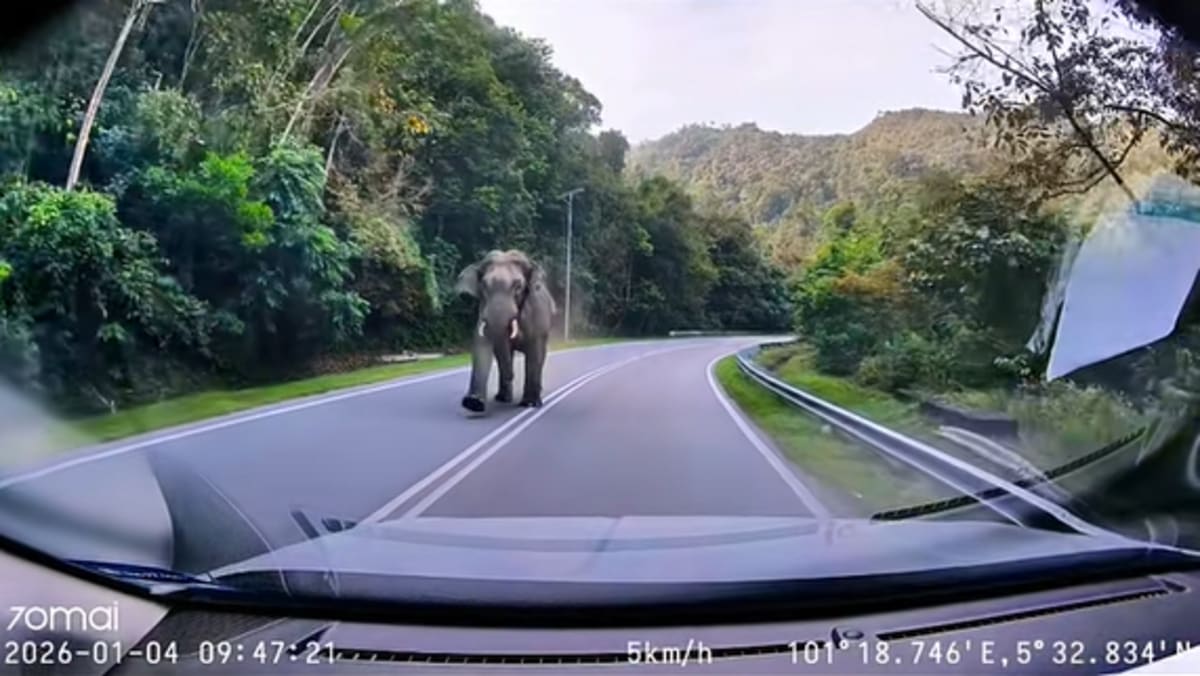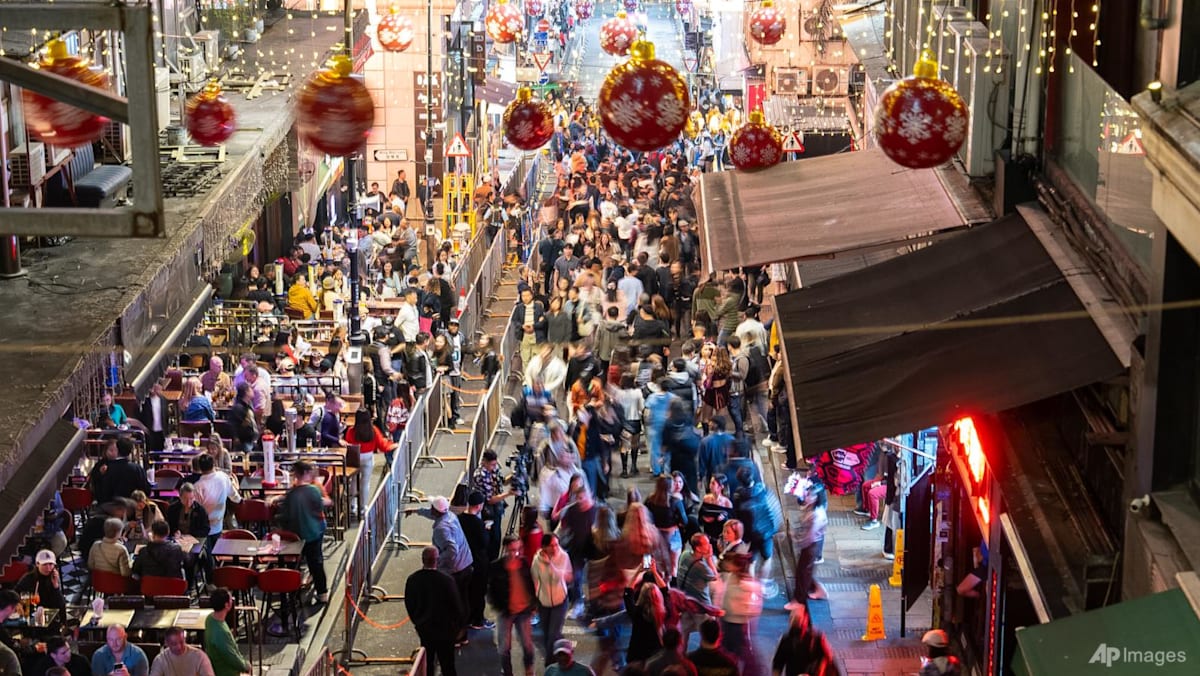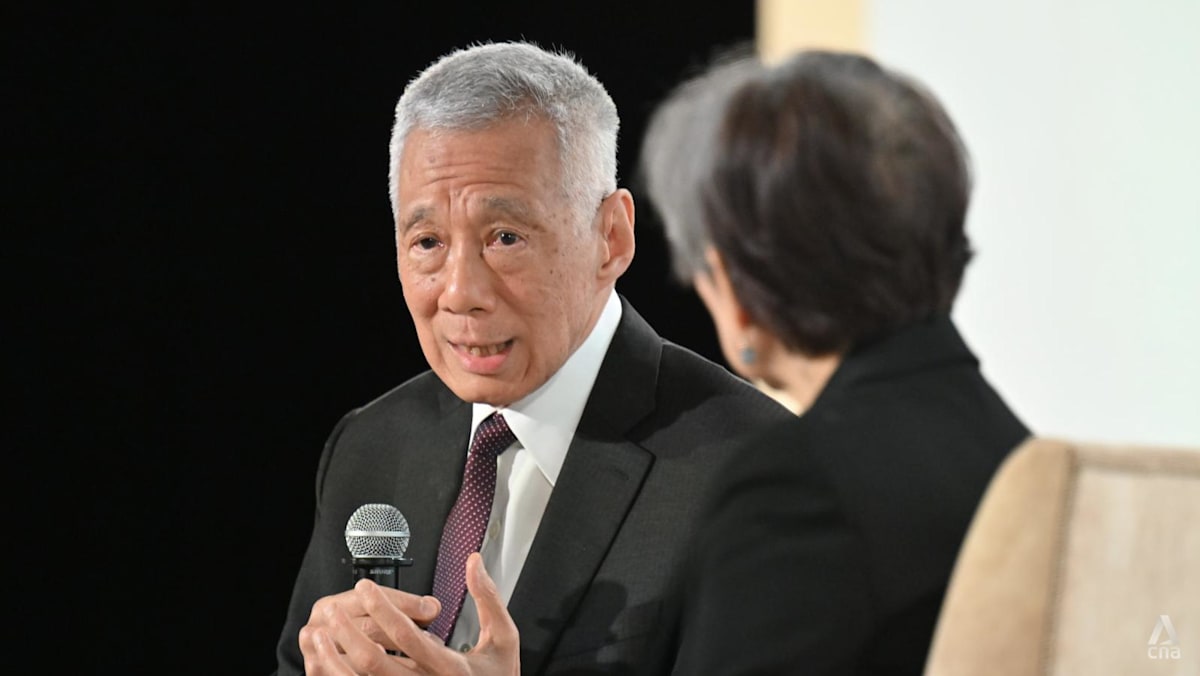My Journey to Finding Unity and Harmony: Overcoming Religious Discrimination
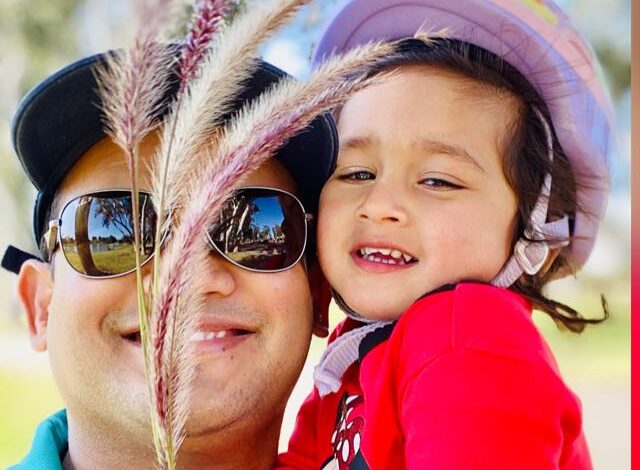
My name is Jashim, and I come from a small village in Northeast India where Hindus and Muslims are in conflict, and racism and casteism are heavily predominant. This discrimination has followed me throughout my life, and I’ve been given many names such as Jack, Joy, Josh, and Suman because of it. This made me curious about God and religion and why people feel the need to discriminate based on religion. I wanted to understand more about God and eradicate racism and casteism.
While we learned in school textbooks that God is one and we are equal, I was faced with an opposing reality. Slights and insults were hurled at me simply for the religion I was born into. As a Muslim, I wasn’t allowed to touch or enter any Hindu houses. And so, some of my close Hindu friends, whose families wouldn’t accept the real me, suggested I create a Hindu alias for myself – a bargain for being able to spend time with them. As I grew up and left home for further studies, I realized this discrimination wasn’t limited to my neighborhood. I had to use Hindu aliases to be able to even rent an apartment.
All these experiences made me very curious to know about the world & about God. I started to put up posters of Gods from other religions on my walls. I had posters of Krishna, Jesus Christ, Buddha, Mahavir & a picture of Mecca in my room. This was not received well by the Mullahs (religious leaders) who frequented my home. Every time they’d see these posters, they would tear off the ones from other religions, and every time they did, I put up new ones. Eventually, they stopped and simply left. During my teens, I decided to look for a community or a safe haven, where caste and creed played no role. I only realized that even though many religious groups claimed they welcomed everyone, I was still defined by my religion first. I was even taught that I cannot marry outside my religion, because many people had tried to marry outside the community, and it had caused several riots. I didn’t understand why.
Born in a Muslim family, I was taught to fear Allah. I was told if I did something against the will of Allah, I would be punished. When I asked questions, I was told to simply do as I was told- attend the Masjid, worship Him 5 times every day, memorize the verses of the Quran, and do many more rituals that no one I asked was able to give a reasoning for. In my community, many could read Arabic but they didn’t attempt to understand the meaning behind what they read. Frustrated for not being able to understand the meaning of these words, I stopped attending the Masjid. Disappointed, I lost my trust in Allah.
Having lost my faith in Allah, I decided to explore Hindu Ashrams to know about their understanding of God (Bhagwan). I realized that there were many sects even among Hindus and I was left wondering which one to hold on to? Studying at Vivekananda School, I idolized Swami Vivekananda. At the ashrams I visited, I asked questions about the purpose of human existence, why we are so different from one other, why we have the need for so many religions, and, why a Muslim can’t marry a Hindu? I read their books and began adopting their way of worshipping God. Sadly, they didn’t accept me, because I was a Muslim. I was forbidden from entering the temple because my presence there would contaminate their God. I was extremely disappointed and gave up on Bhagwan.
I then turned to Jesus Christ. I read a few pages of the Holy Bible and conversed with some Christians. Here, too, I found many sects. I was told that to become a Christian I would have to do & change lots of things. I was upset that I wasn’t able to find what I was looking for, and so I lost my hope and trust in Christ, too. After years of searching, in 2003, I met a group of people from a community called Baha’i. I learned that they are truly welcoming to everyone and practice Unity and Harmony. They don’t believe in any borders, colors, races, castes, creeds, or prejudice. I felt it was too good to be true. However, the more of them I interacted with the more I realized, this was what I had been looking for all my life.
Unfortunately, my intent of joining them was met with severe backlash from my community. I received death threats and my family started to be ostracized. I was threatened to be burned or killed, and my family faced immense social pressure. It was truly a tough time for us. Eventually, I was able to make my parents understand that I was doing the right thing. They came to accept that I have no place in my heart for any racial discrimination or injustice because I believe that humanity is my religion and love is my worship. I soon registered with them and joined a teacher’s training course at Agartala, India. On 20th June 2003, I went to the Bahá’í center along with some more of my friends. There, we Ruhi Book 1. On 22nd June I declared Baha’u’llah as the manifestation of God before finishing the book. We stayed there for 15 days. And that’s how my journey of becoming a Bahá’í began.
Growing up, I didn’t have any last name. So, for any international travel, the airlines used to add XXX, no last name, FNU… etc. in place of my last name. My name drew doubt of terrorism at several airports causing big issues for me. On my US visa, my name stated Md Jashim FNU. When I married my wife, I decided to take her last name, and so I became Jashim Sobhanian. When I moved to the USA, I thought my name would create the same prejudice and judgment I had faced back home. So, I adopted the name Jack Sobhanian. Eventually, I realized that even though people are still dealing with racism here in the US, I do feel like a human being in this country. No one cares what religion, caste, or culture I belong to. So, I decided to let go of my alias of Josh, Jack, Joy and resumed my name and my identity, Jashim Sobhanian.
I have found that even though people follow different religions, God is one. Just like water itself doesn’t change, irrespective of what you call it, God, too, doesn’t change, no matter what name people give Him. You call Him Allah, Bhagwan, Iswar, God, Dieu, Dios, or Shàngdì, He is the same. So, what I want people to ultimately, understand, is that if you believe in any God, you must accept, that God can’t be racist. Just like the Sun doesn’t discriminate where it emanates its light, God does not find differences in His people. God is merciful, God is love, God is kind, God is the Almighty, and God is great. And so, under His guidance, we must be, too.


